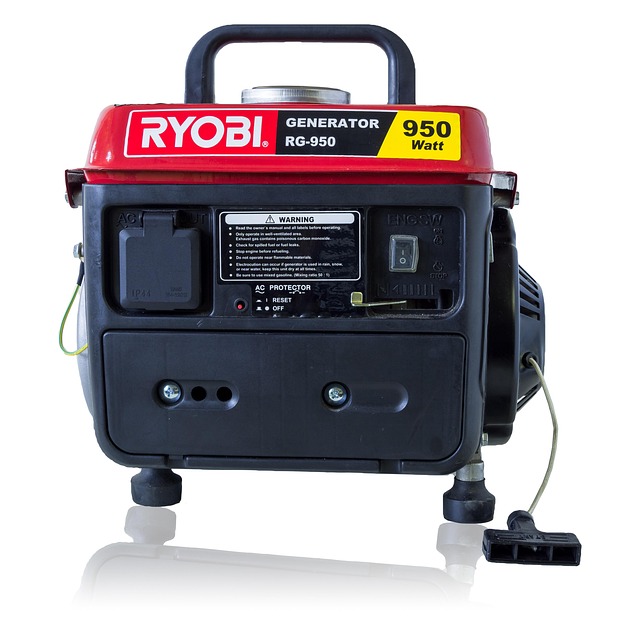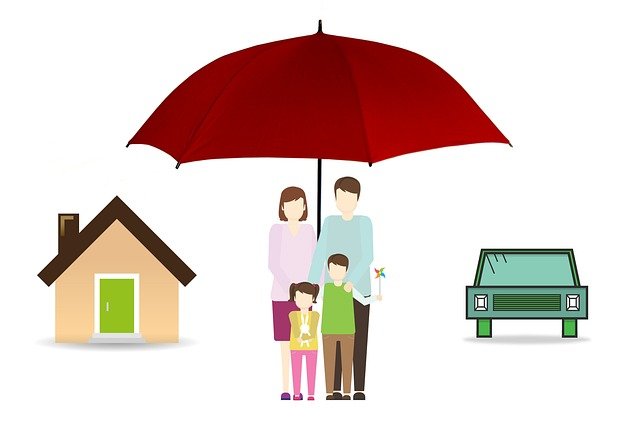Power Generators: Essential Features and Applications for Reliable Backup Power
Power generators come with a range of features designed to provide reliable electricity during outages or for off-grid needs. Key aspects include fuel type, wattage capacity, noise level, and portability. Some models also offer automatic start, multiple outlets, and safety mechanisms, making them practical for both home and commercial use.

What are the primary uses of power generators for emergency backup?
Power generators play a vital role in emergency backup situations, ensuring continuity of essential operations during unexpected power outages. In residential settings, emergency backup generators can keep critical appliances running, such as refrigerators, heating systems, and medical equipment. For businesses, these generators safeguard against potential losses by maintaining power to servers, security systems, and other crucial infrastructure.
During natural disasters or severe weather events, emergency backup generators become indispensable. They provide power to emergency services, hospitals, and communication networks, enabling first responders to carry out their duties effectively. Additionally, backup generators are essential for maintaining operations in remote locations or construction sites where access to the main power grid is limited or nonexistent.
How do quiet power generators function for indoor and outdoor use?
Quiet power generators are specifically designed to operate at reduced noise levels, making them suitable for both indoor and outdoor applications. These generators typically employ advanced muffler systems, sound-dampening enclosures, and vibration isolation technology to minimize noise output. For indoor use, quiet generators are often used in sensitive environments such as hospitals, data centers, and residential areas where noise pollution is a concern.
In outdoor settings, quiet generators are ideal for camping, recreational vehicles (RVs), and outdoor events. They allow users to enjoy the benefits of portable power without disturbing the natural environment or nearby campers. Many quiet generators also feature inverter technology, which produces clean, stable power suitable for sensitive electronic devices, further expanding their versatility in both indoor and outdoor scenarios.
What are the key power generator features and specifications to consider?
When evaluating power generators, several important features and specifications should be taken into account:
-
Power output: Measured in watts, this indicates the generator’s capacity to supply electricity. It’s crucial to choose a generator with sufficient output to meet your power needs.
-
Fuel type: Generators can run on various fuels, including gasoline, diesel, propane, or natural gas. Each fuel type has its advantages in terms of availability, efficiency, and environmental impact.
-
Runtime: This specifies how long the generator can operate on a single tank of fuel, which is particularly important for extended power outages.
-
Portability: For those needing a mobile power solution, factors such as weight, handle design, and wheel configuration are essential considerations.
-
Starting mechanism: Generators may feature electric start, recoil start, or both. Electric start offers convenience, while recoil start ensures operability even with a dead battery.
-
Noise level: Measured in decibels (dB), this is a crucial factor, especially for residential or noise-sensitive areas.
-
Fuel efficiency: Look for generators with features like eco-throttle or smart-throttle, which adjust engine speed based on load, conserving fuel and reducing emissions.
-
Safety features: Overload protection, low-oil shutoff, and ground fault circuit interrupter (GFCI) outlets are important safety considerations.
What are the essential features to look for in power generators?
When selecting a power generator, certain features stand out as particularly important:
-
Automatic transfer switch (ATS): This feature allows the generator to start automatically when a power outage is detected, ensuring seamless transition to backup power.
-
Multiple outlets: A variety of outlet types accommodates different appliances and devices, increasing the generator’s versatility.
-
Fuel gauge: A clear and accurate fuel gauge helps monitor fuel levels, preventing unexpected shutdowns.
-
Inverter technology: This feature provides clean, stable power suitable for sensitive electronics, reducing the risk of damage to devices.
-
Remote start capability: Some generators offer the convenience of starting the unit from a distance, which can be particularly useful in adverse weather conditions.
-
Parallel capability: This allows two generators to be connected for increased power output, providing flexibility in meeting varying power demands.
-
Weather-resistant construction: For outdoor use, look for generators with robust construction and weather-resistant features to ensure durability and longevity.
-
EPA and CARB compliance: Generators meeting these environmental standards ensure lower emissions and are legal for use in all states, including California.
Power generators serve as essential tools for maintaining electrical power in various scenarios, from emergency backup to outdoor recreation. By understanding the key features, specifications, and applications of power generators, individuals and organizations can make informed decisions when selecting the right generator for their specific needs. Whether it’s ensuring business continuity during power outages, providing essential services during emergencies, or powering outdoor adventures, the right power generator can make a significant difference in reliability and peace of mind.




